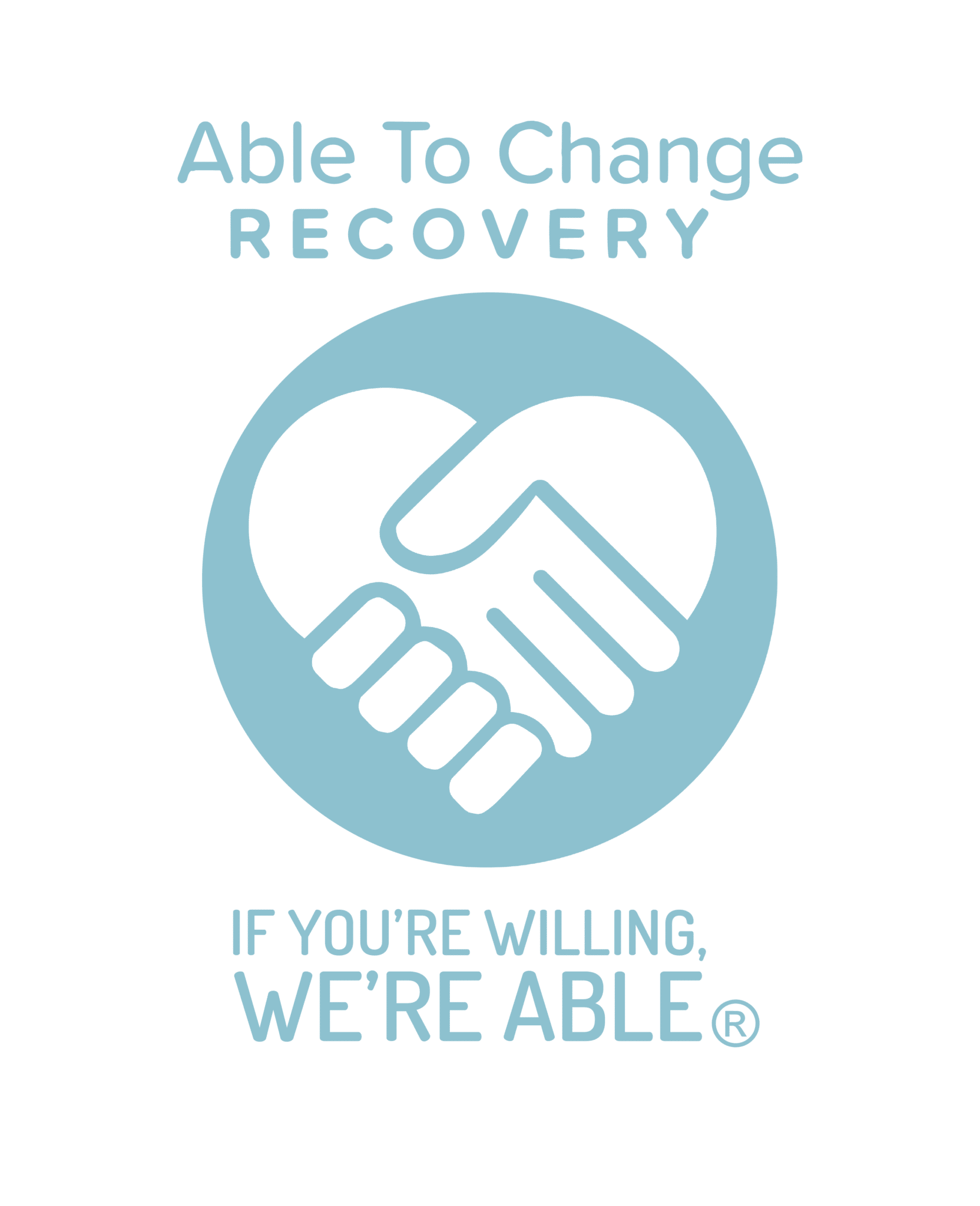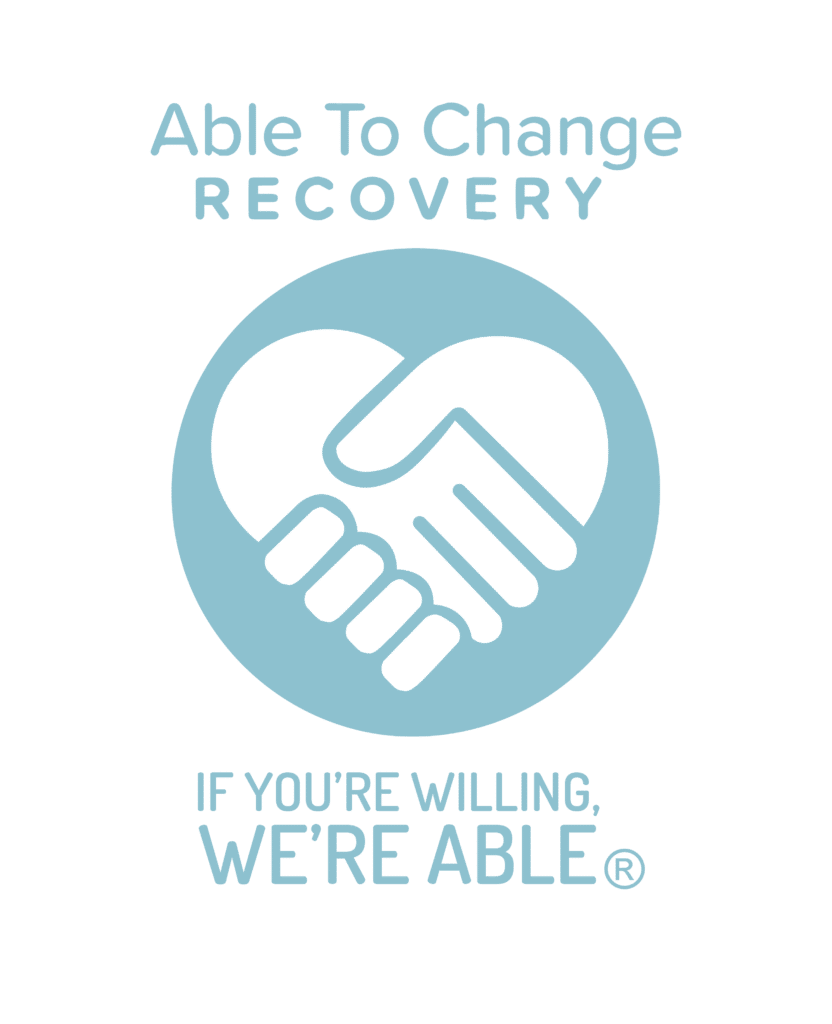Tips to Prevent Relapse in Substance Abuse Recovery
Substance abuse is a complex and challenging condition that affects millions of individuals worldwide and relapse prevention is key since 75% of subjects relapsed within 1 year of treatment. Achieving and maintaining recovery from substance abuse requires a comprehensive approach that addresses all aspects of addiction, including physical, psychological, and social factors. Recovery is a lifelong process that requires dedication, patience, and effort. One of the most significant challenges individuals in recovery face is the risk of relapse.
Relapse is the return to substance use after a period of abstinence. It’s common for individuals in recovery to experience relapse, and it can be devastating for their progress. However, relapse is not a sign of failure, and getting back on track is possible. Understanding the factors that contribute to relapse and developing relapse prevention strategies is crucial to maintaining sobriety.
Relapse prevention strategies for substance abuse include identifying triggers and high-risk situations and developing coping strategies to manage them. Triggers can include people, places, or things associated with substance use. High-risk situations can include stress, social events, or emotional turmoil. Developing coping strategies such as exercise, meditation, or seeking support from friends, family, or a therapist can help individuals manage triggers and high-risk situations.
Understand Your Triggers
Understanding your triggers is crucial in preventing relapse. Triggers are events, situations, or people that make you want to use drugs or alcohol. Identifying your triggers can help you avoid or manage them. Some common triggers include stress, boredom, social pressure, and emotional distress. If you’re unsure what your triggers are, try to journal your thoughts and feelings when you’re tempted to use drugs or alcohol.
Develop Coping Mechanisms
Developing healthy coping mechanisms is essential in preventing relapse. You can use coping mechanisms to deal with stress and negative emotions without turning to drugs or alcohol. Some effective coping mechanisms include meditation, exercise, therapy, and support groups. Find activities that make you happy and that you enjoy doing, and incorporate them into your daily routine.
Build a Support Network
Building a support network is crucial in preventing relapse. Surround yourself with people who support your sobriety and understand what you’re going through. Support can come from family, friends, therapists, support groups, and sponsors. Having a support network can help you stay accountable and motivated and provide you with the help you need when you’re struggling.
Practice Self-Care
Self-care is an essential part of preventing relapse. Taking care of yourself physically, mentally, and emotionally can help you stay on track. Make sure to eat well, exercise regularly, and get enough sleep. Engage in activities that make you happy and reduce stress, such as reading, gardening, or listening to music. Taking care of yourself can help you feel more confident, positive, and in control of your life.
Avoid Triggers
Avoiding triggers is an essential part of preventing relapse. While it’s not always possible to avoid all triggers, there are things you can do to minimize your exposure to them. For example, if you know that being around certain people or going to certain places will make you want to use drugs or alcohol, avoid them. Make a plan for handling situations that might trigger cravings, and have a backup plan in case your first plan doesn’t work.
Set Realistic Goals
Setting realistic goals is crucial in preventing relapse. Goals can help you stay motivated and focused on your recovery. However, it’s essential to set goals that are achievable and realistic. Setting goals that are too ambitious or unrealistic can lead to disappointment and frustration, increasing the risk of relapse. Start with small, achievable goals, and gradually work your way up to bigger goals as you progress in your recovery.
Take Action Today
If you or a loved one is struggling with substance abuse, it’s important to seek professional help. At Able to Change Recovery, we offer comprehensive addiction treatment programs that can help you overcome addiction and maintain sobriety. Our programs include a partial hospitalization program, an outpatient program, and extended care support. Contact us today to learn more about our programs and to take the first step toward a healthier, happier life. Remember, recovery is possible, and you don’t have to face it alone, especially when it comes to relapse prevention.




